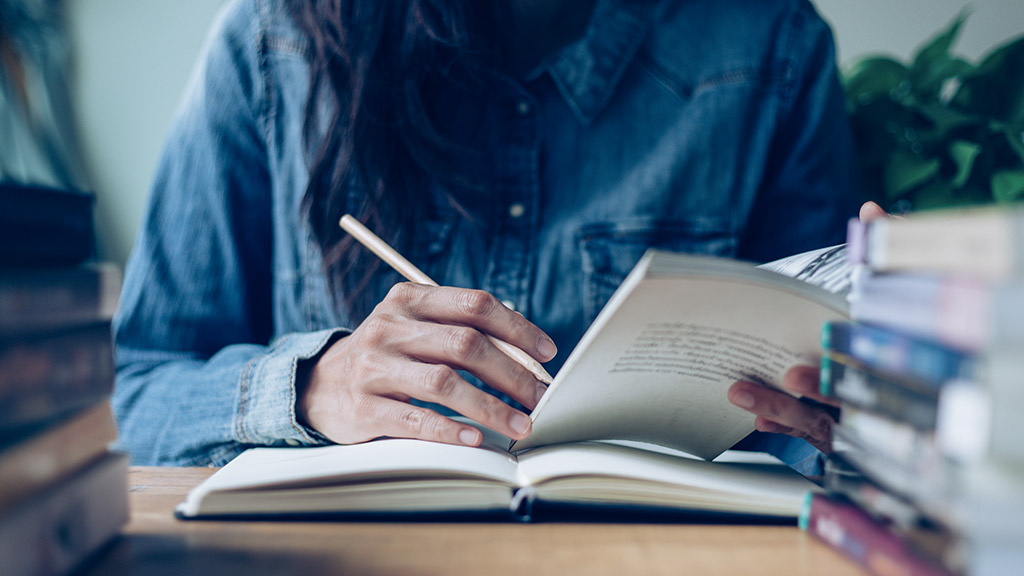- Sample Interaction with children and families policy and procedure from Little.ly Early Learning Centre
- The Exploring celebrations in children’s services self-guided learning package has a variety of useful information and self-reflective questions
- Here is an example of behaviour support policy and procedure from Little.ly Early Learning Centre.
- Relationships with Children fact sheet published by ACECQA
- The Victorian Curriculum and Assessment Authority developed a variety of resources to support early years educators:
- A series of video resources called Babies and Toddlers: Amazing learners provide examples of significant learning from birth to 3 years.
- Supporting bilingualism, multilingualism and language learning: Practice guide for early childhood educators to provide information and guidance for educators to support children with bilingualism and multilingualism.
- You can read an interesting article published by ACECQA, titled Encouragement vs praise, about the importance of meaningful praise and encouragement.
- This factsheet, Supporting children to regulate their own behaviour, published by ACECQA, shares useful strategies to support children regulating their own behaviour.
- ACECQA- ECRH- Emotional Literacy Self-Regulation: the newsletter aims build capacity to talk about feelings and skills of self-regulation.
- The Victorian-based Communication practice guide is designed to help educators better understand the trajectory of communication skill development. It highlights the importance of communication in enabling children to access and engage with learning opportunities.
- This article includes examples and vignettes that illustrate how practical strategies might be used in a variety of early childhood settings.
- This Queensland-based resource provides advice for parents and educators. It has links to Allen puppets (which you can make) and to emojis that help children to recognise how they are feeling.
- A game-collection titled ‘My Favorite Games for Fostering Self-Regulation in 3 to 5-Year-Olds’ from Nurture and Thrive collects a variety of game ideas to foster self-regulation for children aged 3-5.
- Here is a collection of ‘ 7 music games for practising self-regulation’ to support children learn self-regulation.
- This useful article explains the importance of using routines to manage behaviour from the Raising Children Network
- Read this factsheet called ‘Inappropriate Discipline’ from the Australian Children’s Education & Care Quality Authority to understand effective behaviour guidance and to avoid some inappropriate disciplines that may be appropriate is some cultures, but they may constitute a serious breach of the National Law and/or National Regulations and could potentially be considered criminal matters (such as yelling, force-feeding, etc.)
- This article, Montessori, Steiner or Reggio Emilia: which childcare philosophy is best for your family? compares and presents the three most common educational philosophies, Montessori, Steiner and Reggio Emilia.
- You can access a resource library from Beyond Blue to achieve best possible mental health. This is important for educators’ mental health as well:
- Useful resources and organisations for educators to maintain and improve their own mental wellbeing:
- Mental wellbeing initiatives from Queensland government
- Beyond Blue
- Care for kids
- ACECQA
- Be You
- Smiling Mind
- Headspace
- Here’s an article about how to write a personal philosophy
- This article from Aussie Childcare Network explains considerations for how rooms should be setup
- This is an example of daily routines for different age-groups. You can also find examples of routines and room-setups for the different age-groups on Little.ly’s website.
Module Linking
Main Topic Image

Is Study Guide?
Off
Is Assessment Consultation?
Off